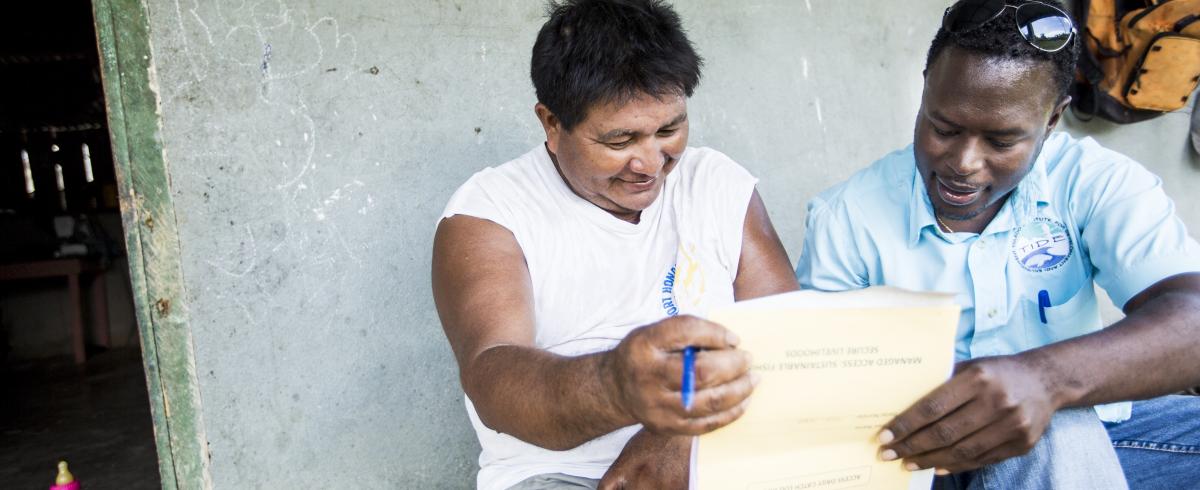Stakeholder and network analysis within the context of traditional governance and tenurial rights in the artisanal fisheries sector in the central region of Ghana
This report identifies stakeholders of the artisanal fishery in Ghana, conducts a network analysis of these stakeholders and provides recommendations on how these networks could be harnessed for the development of the artisanal fishery in the region.

